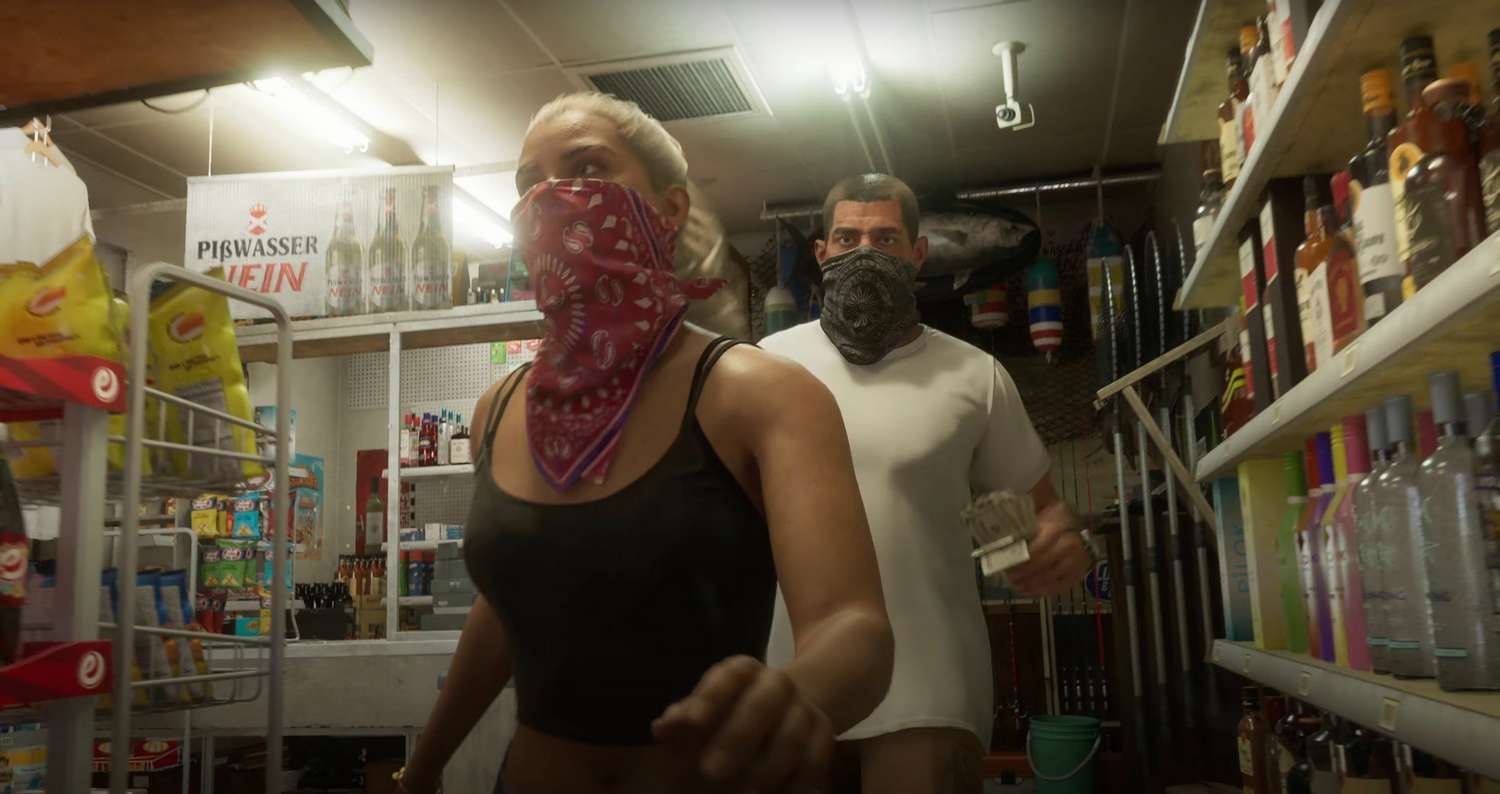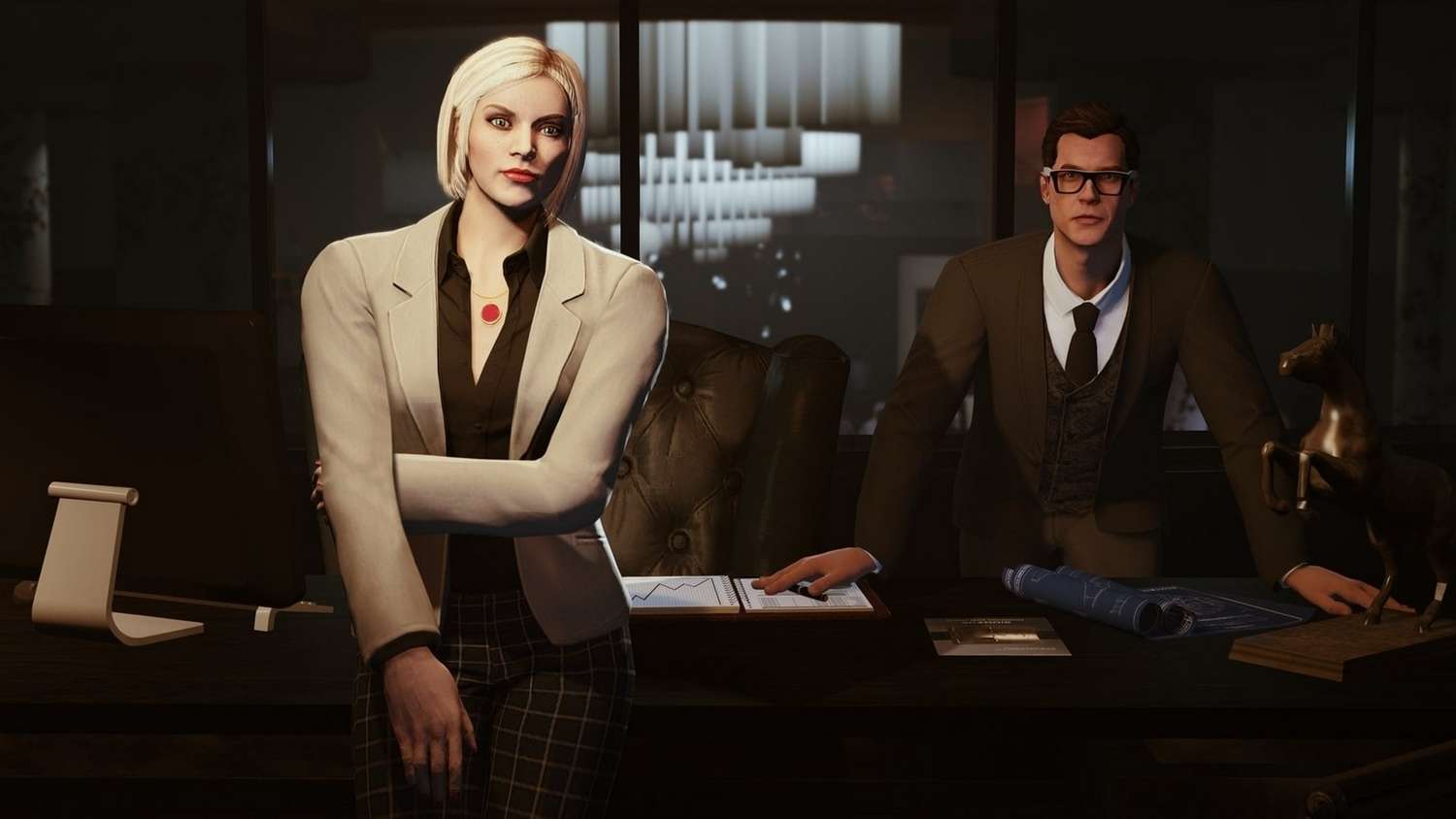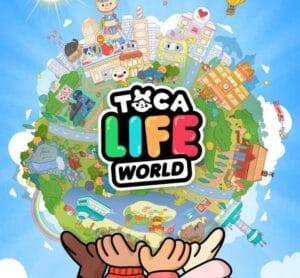Union-Busting Allegations Rock Rockstar Games: Layoffs Cloud GTA 6’s Final Stretch
Popular Now
 Genshin Impact
Genshin Impact
 Schedule I
Schedule I
 Toca Boca World
Toca Boca World
 Poppy Playtime
Poppy Playtime
 Auto X Drift Racing 3
Auto X Drift Racing 3
 Grand Theft Auto V
Grand Theft Auto V
 Counter-Strike 2
Counter-Strike 2
 CarX Street
CarX Street
 Brawl Stars
Brawl Stars
 Fortnite
Fortnite 
In a dramatic turn that has sent shockwaves through the global gaming community and the investment world, Rockstar Games, the developer behemoth behind the highly anticipated Grand Theft Auto VI (GTA 6), has recently terminated the employment of several dozen staff members across its UK and Canadian offices. This move, which comes just months before the scheduled May 26, 2026 release date for the open-world epic, has ignited a fierce public relations battle, with accusations of union busting leveled against the studio and its parent company, Take-Two Interactive.
The Allegations: Union Activity vs. Gross Misconduct
The core of the controversy centers on the sudden dismissal of between 30 and 40 employees. The Independent Workers’ Union of Great Britain (IWGB) Game Workers Union was swift to condemn the action, labeling it a “ruthless act of union busting in the history of the UK games industry.” According to the union, all affected employees were either members of the IWGB or actively involved in private discussions about forming a union within Rockstar Games.
The IWGB released a strong statement arguing that the dismissals were directly tied to trade union activity, which would constitute unlawful and retaliatory action. The union has also highlighted the precarious situation of some fired staff, including those whose visas were sponsored by Rockstar and individuals with medical conditions who now face losing access to essential workplace healthcare schemes.
Conversely, Take-Two Interactive has publicly defended Rockstar Games’ decision, categorically denying the union-busting claims. A spokesperson for the parent company asserted that the employees were terminated “for gross misconduct, and for no other reason.” However, Take-Two has thus far declined to provide specific details regarding the nature of the alleged misconduct, fueling speculation and skepticism among industry observers and the public.
Context: The Final Stages of GTA 6 Development
This internal turmoil surfaces during a particularly critical juncture for the studio. Grand Theft Auto VI development is widely reported to be in its final, crucial stages—the period typically dedicated to polishing, bug fixing, and optimization, often referred to as ‘crunch.’ Historically, the gaming industry has been plagued by reports of intense game development crunch, where developers face mandatory, prolonged overtime to meet strict deadlines.
Rockstar Games had already drawn criticism earlier in the year when it mandated a full-time return-to-office (RTO) policy for all staff starting in April, citing concerns over security—a measure likely influenced by the massive 2022 leak of unfinished GTA 6 footage—and a desire to ensure the “level of quality and polish” required for the title. The IWGB had previously opposed this RTO mandate, arguing it negatively impacted staff with disabilities and care responsibilities.
 The May 26, 2026, release date is already a delay from the initial rumored Fall 2025 window, a shift that multiple internal sources reportedly attributed to the need for more time to avoid a truly “brutal crunch.” The firing of dozens of staff now raises new, immediate concerns about the morale, stability, and workforce capacity required to deliver one of the most significant and highest-value entertainment properties in history on its confirmed date.
The May 26, 2026, release date is already a delay from the initial rumored Fall 2025 window, a shift that multiple internal sources reportedly attributed to the need for more time to avoid a truly “brutal crunch.” The firing of dozens of staff now raises new, immediate concerns about the morale, stability, and workforce capacity required to deliver one of the most significant and highest-value entertainment properties in history on its confirmed date.
Impact on Production and Investor Confidence
The primary concern for fans and investors alike is the potential effect of these staff changes on the GTA 6 launch timeline and overall quality. While the number of dismissed employees—30 to 40—represents a small fraction of the massive team working on the title (which involves contributions from thousands of people globally), the disruption is significant, especially if key personnel in specialized or finalization roles were affected.
- Talent Drain: Losing experienced developers, particularly in the final sprint, forces the redistribution of critical tasks, potentially slowing down the essential polishing phase.
- Morale and Security: The controversy injects a level of distrust and instability. Concerns about job security and the company’s response to unionizing efforts could negatively affect the remaining staff’s focus and productivity.
- Legal Ramifications: Should the IWGB pursue and win legal action, it could set a major precedent for gaming industry employment law in the UK and beyond, potentially altering how large studios manage their workforce in the future.
For Take-Two Interactive stock and the broader digital entertainment investment landscape, the situation presents a risk. While the sheer hype for GTA 6 is a powerful insulator, the narrative surrounding the developer’s workplace culture could deter top game developer talent and attract unwanted regulatory scrutiny. The market values stability, and these public disputes introduce an element of operational risk that investors carefully monitor.
Industry-Wide Review: The State of Game Developer Labor
The Rockstar firings are not an isolated incident but rather a high-profile example within a turbulent period for the video game industry news. Over the past two years, the industry has seen widespread layoffs at studios both massive and independent, despite record profits for many publishers. These events have intensified the push for greater worker protections and the formation of unions to combat job instability and excessive working hours.
The IWGB’s aggressive stance against Rockstar is a clear indication that organized labor in the games sector is becoming more vocal and assertive. The outcome of this dispute will be closely watched as a bellwether for the future of game developer salary negotiations, working conditions, and the right to organize in one of the most profitable, yet labor-intensive, creative industries in the world.
The development of Grand Theft Auto VI, a title expected to generate billions in revenue, has ironically become a focal point for the struggle between corporate control and worker advocacy. As the countdown to the May 26, 2026 launch continues, the focus remains split between the revolutionary game expected and the serious ethical and legal questions surrounding its creation.
 Review and Conclusion on the GTA 6 Development Saga
Review and Conclusion on the GTA 6 Development Saga
While the internal conflict at Rockstar Games introduces an undeniable element of operational risk, the company’s history suggests a strong commitment to quality, even at the cost of delays—as evidenced by the May 2026 postponement. The final product, Grand Theft Auto VI, is still widely predicted to be a monumental success, driving a new wave of console sales and setting new benchmarks for the open-world genre, leveraging its massive Next-Gen Console Titles budget and the advanced capabilities of the Rockstar Advanced Game Engine.
However, the ethical dimensions of the development process cannot be ignored. The shadow of alleged union suppression casts a long pall over the narrative of the game’s creation. For the gaming public, the choice becomes more complex: celebrate a technical and creative masterpiece, or acknowledge the controversial labor practices that may have contributed to its completion. The forthcoming months will be crucial for the IWGB to prove its claims and for Take-Two to definitively address the “gross misconduct” allegations with transparent, verifiable information. Until then, the promise of Vice City’s next iteration is inextricably linked to the ongoing, serious corporate and labor disputes unfolding behind the scenes.
Would you like me to research the specific roles of the employees who were laid off to better assess the potential impact on the GTA 6 development schedule?










 Review and Conclusion on the GTA 6 Development Saga
Review and Conclusion on the GTA 6 Development Saga